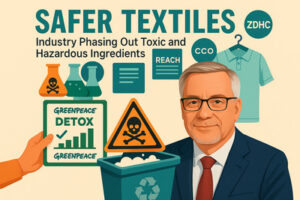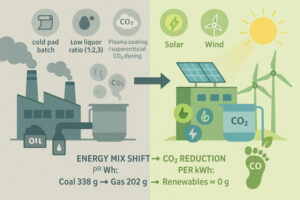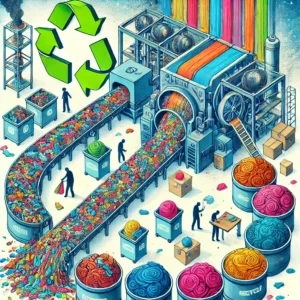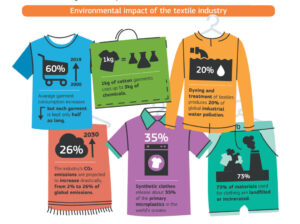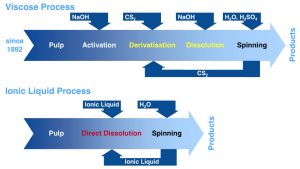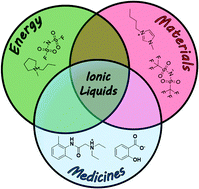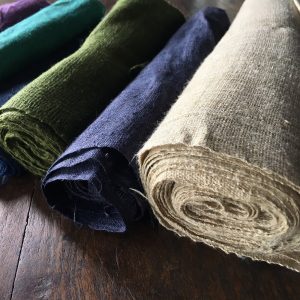The Role of Artificial Intelligence in Scientific Research
Artificial Intelligence (AI) is transforming scientific research by accelerating data analysis, automating experiments, and enhancing knowledge discovery. AI platforms such as Semantic Scholar, Sparrho, and OpenResearcher streamline literature reviews, while tools like AlphaFold and Insilico Medicine drive breakthroughs in protein prediction and rapid drug design. Case studies include Stanford’s virtual AI scientists proposing novel nanobody vaccines, BioNTech’s AI lab assistant “Laila,” and the Flora Incognita app for biodiversity monitoring. Despite challenges of transparency, bias, and reproducibility, AI empowers researchers to generate hypotheses, optimize workflows, and open new scientific frontiers, making it a powerful catalyst for interdisciplinary innovation and discovery.


